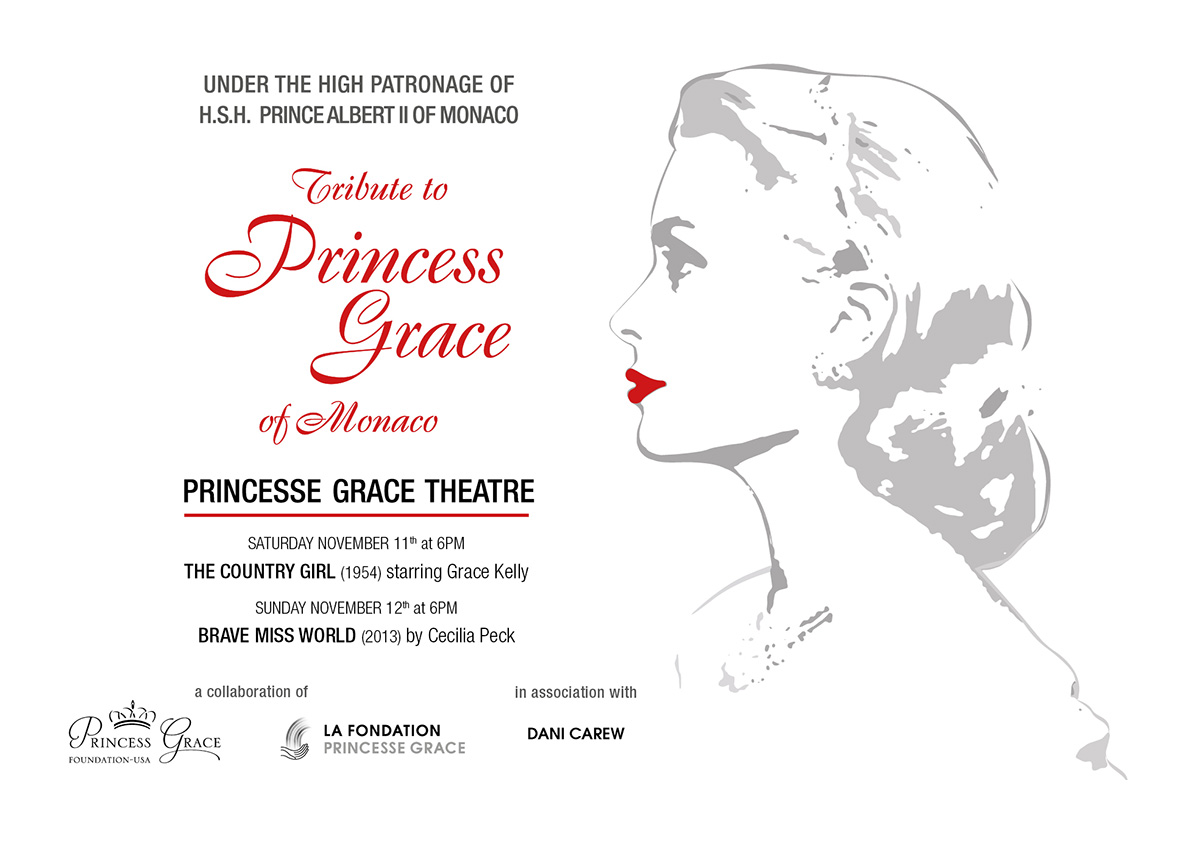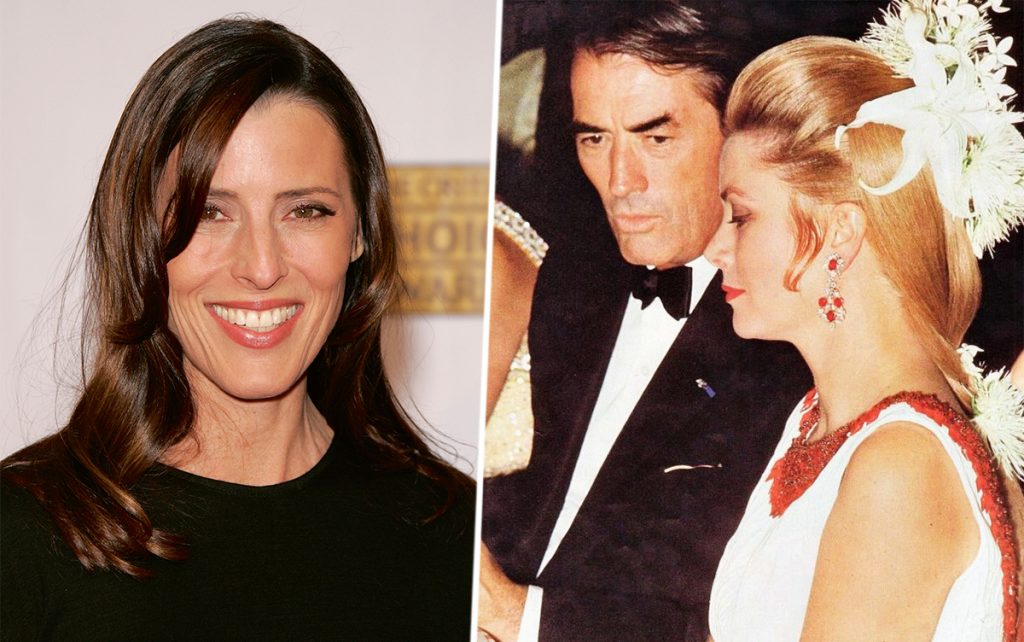The empowerment of women and a celebration of the ‘underdog’ has become a lifelong passion for prolific producer, director, and actor Cecilia Peck. Born to revered actor Gregory Peck, one time friend of both Princess Grace and Prince Rainier III, Cecilia is no stranger to the glamour of Monaco:
My relationship to Monaco began with a longtime friendship between my parents and Princess Grace and Prince Rainier.
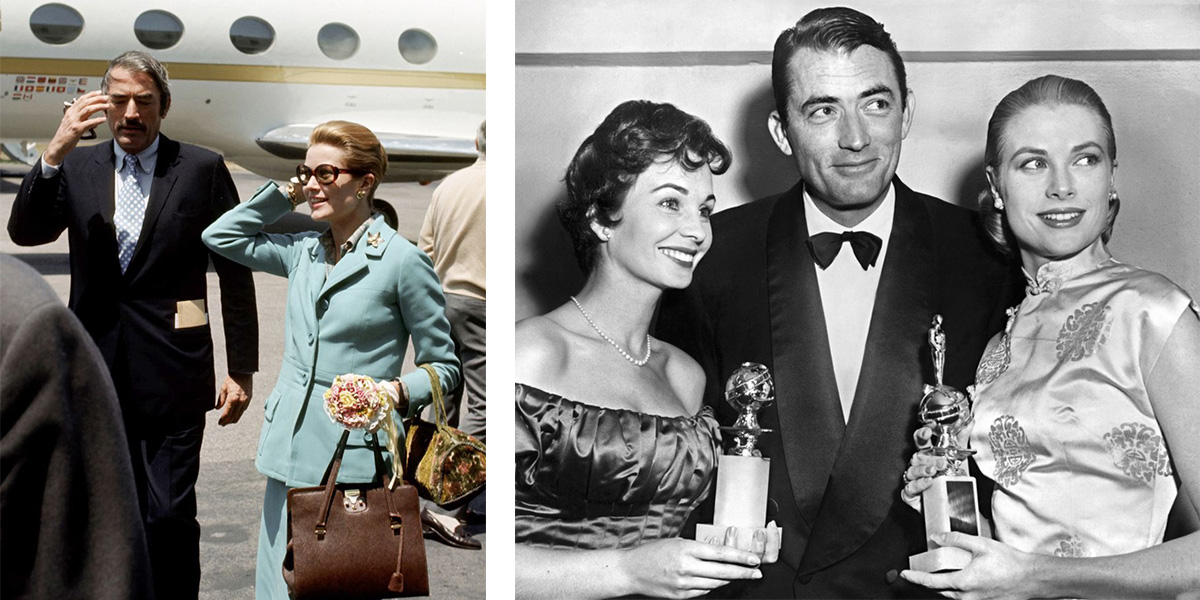
Having proved herself talented in her own right – Peck has been nominated for both a Golden Globe and Emmy Award, while being the recipient of many others – US/French National Cecilia will this winter make a return to Monaco at the behest of Dani Carew, organiser of the “Tribute to Princess Grace” film event. Their paths first crossed following a showing of Peck’s seminal work “Shut up & Sing” at the 2007 Monaco Music Film Festival, so it is little wonder that she should be invited back to participate in an event to celebrate the legacy of one of the world’s most alluring and best loved actresses, Princess Grace. Her return, it could be said, is an emotional one for Cecilia, having spent much of her youth in the Principality:
My father was working non-stop, and whenever he had a moment between movies, his favourite retreat was the French Riviera, and he had a group of friends who he loved to spend time with there. That group included Princess Grace, David Niven, Richard Harris, Leslie Bricusse, Roger Moore, Cary Grant, and Frank Sinatra. My brother and I grew up with Princess Caroline, Prince Albert, and Princess Stephanie… we spent a lot of time together. The Cote D’Azure is where my parents were the happiest, so this place carries a lot of lovely memories for me.
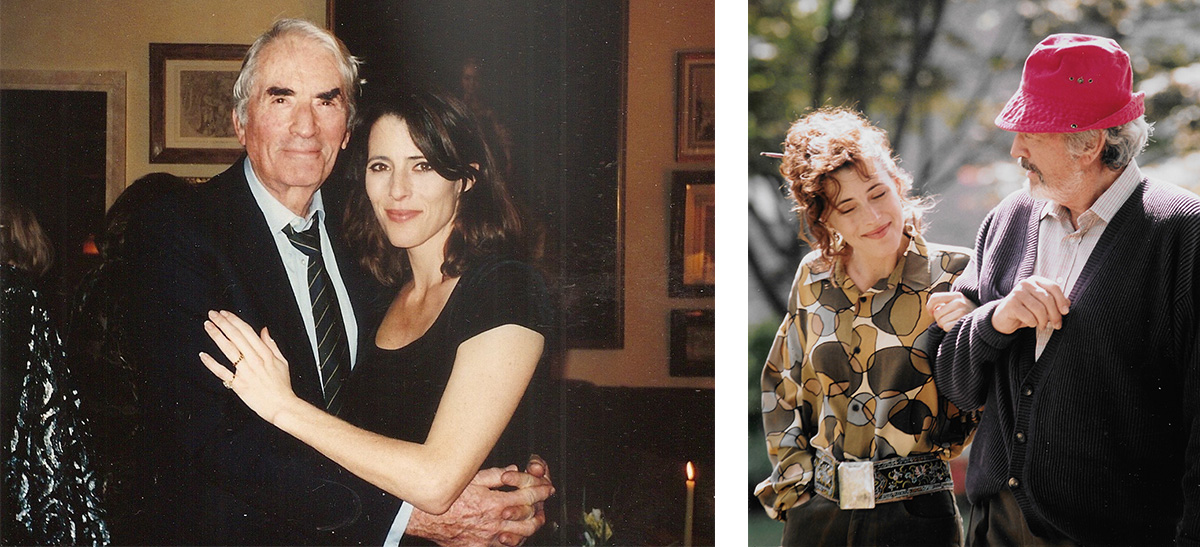
Peck’s tribute to Princess Grace is a fitting one, presenting her film “Brave Miss World” about the empowerment and inner strength of a beautiful woman. It is a hard hitting and sometimes uncomfortable to watch, film, focussed on the power – good and bad – of femininity and female sexuality.
I was interested in taking on an issue that many people don’t want to touch, I wanted to apply my skills as a film maker to turn a taboo subject into an epic narrative, and take the audience on a journey of transformation and hope. I believe the end of the film is powerful, inspiring and uplifting.
The rape of a beautiful young woman on the big screen is not a rare topic, but the compassion and sensitivity with which it is handled in this film are as fitting a tribute to her father as any; I just feel so grateful for his values, especially for being a humanitarian who was opposed to intolerance or prejudice of any kind. I really hope that in my film I’m able to honour and uphold his legacy. It is this stance, as an activist, that Peck truly shows her genius in the portrayal of the overt sexualization that women have to endure on a daily basis, this film being her call to action. What’s more, it’s a true story.
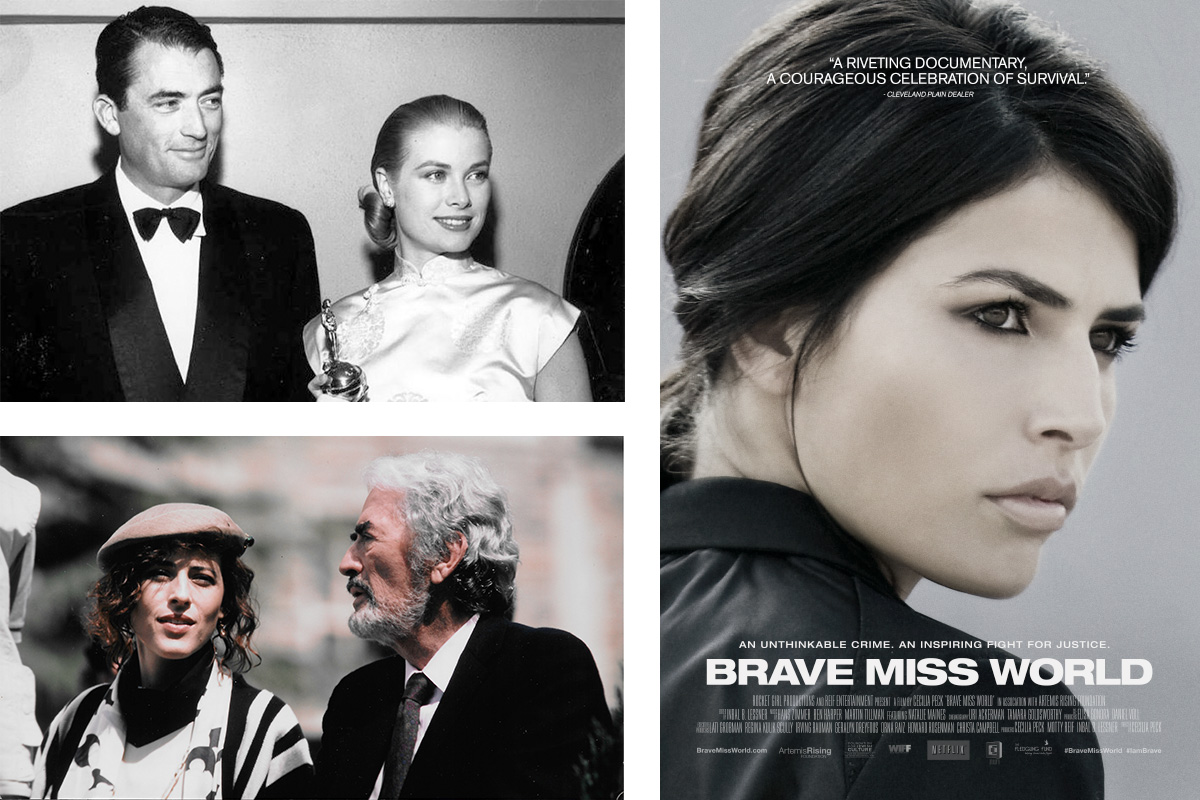
An important learning in the film, a legacy which Peck hopes to perpetuate, is that the common portrayal of men as only the rapist in these scenarios – should not be the case. Men also can be victims of sexual assault yet, it is much more difficult for them to speak up. It’s not an issue of feminism, and not all men are born with a penchant for disrespecting women, but “our culture is predatory, and that has been passed down for generations. At this moment we are seeing women step up for the first time and speak out about sexual assault, not only in the entertainment industry but across the board. The hashtag #MeToo has gone viral and women are taking to social media to say that they are no longer willing to stay silent about everything from inappropriate advances to rape.”
For Peck, the more the issue of women’s sexual rights and safety is brought to the common consciousness, the greater the chances of decreasing the amount of these crimes. Following the initial release of the film, and the case of Abargil, a greater proportion of sexual attack victims in her home country brought their attackers to justice.
It’s important to keep speaking about this subject. Linor Abargil, the Miss World who is the subject of the film [the victim of a rape just one month before the 1998 Miss World competition], went out to make a film that would help others. It changed her, and we hope it will change the life of others who see the film.
